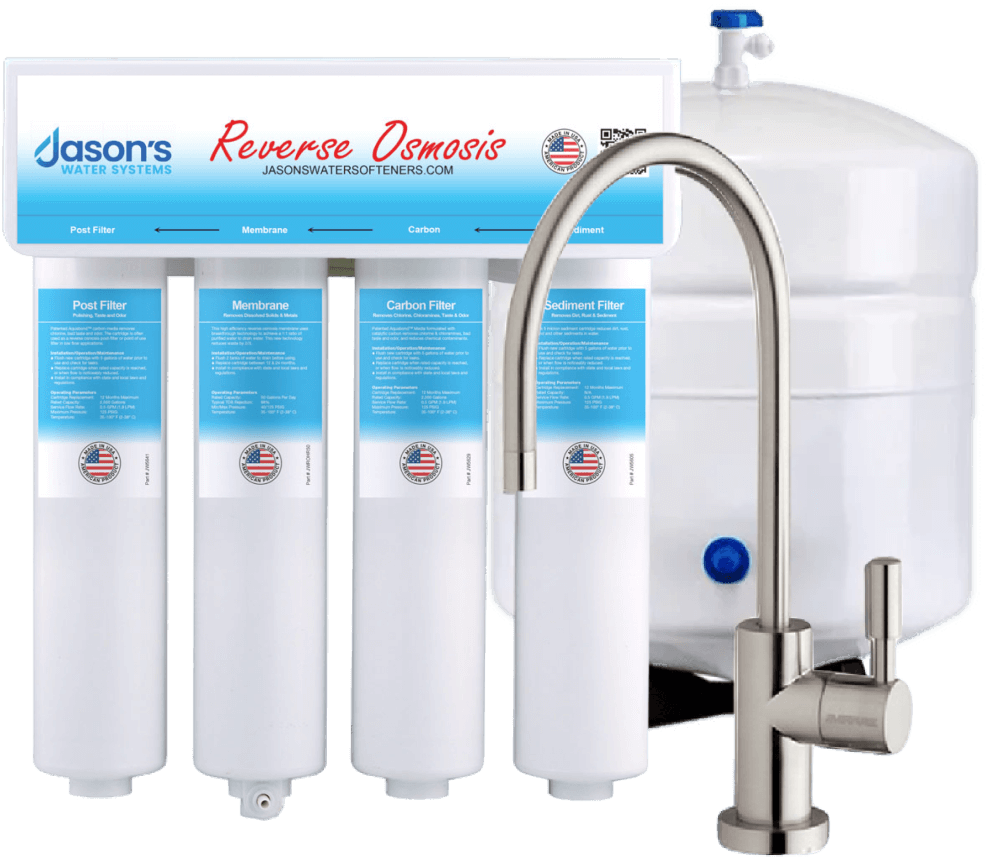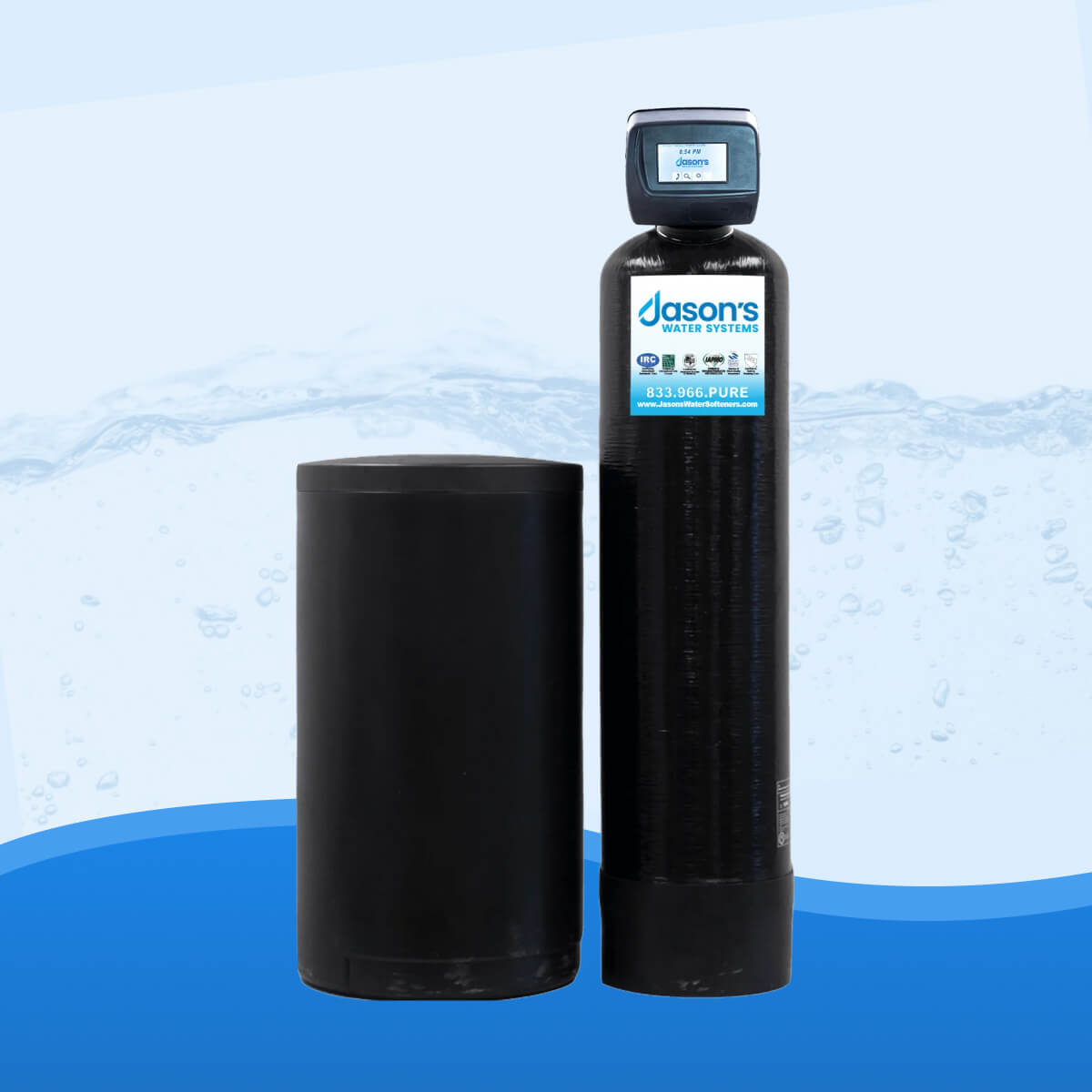
Are You Washing Your Produce in Clean Water?
At least once every summer you hear a news story on TV talk about someone finding something awry with their produce or coming across produce that was somehow contaminated. It is never a nice story, and it often has a scary ending. These recurring instances give us good reason to pause and ask ourselves, “How often do we really wash our produce?” Are you washing your produce every time you eat it, or do you just wash it every once in a while when it "looks dirty"? The truth is that you should wash your produce every time you indulge in it. You should also ensure that the water you use during the cleaning process is clean and fresh.
How to Best Clean Fruits and Veggies
You might think that it's tedious to clean every fruit or vegetable you eat, but doing so is ultimately worth the effort. All produce must be cleaned in the appropriate fashion. If you are going to wash your produce on your own, be sure to clean it properly. This does not mean that you use any soap or other cleaning detergent meant for other purposes. These cleaning agents can be dangerous to ingest.Are most effective ways to clean produce are the following:
- Gently rub fruits and vegetables under running water.
- If working with lettuce leaves or other types of "head" greens, peel back the vegetable leaf by leaf and rub vigorously under running water for maximum cleanliness.
- If cleaning smaller produce items, like strawberries and mushrooms, secure a small bristled produce scrubber and gently scrub all the way around each berry, mushroom, etc.. You do not have to scrub hard with this kitchen tool to get rid of contaminants, since the bristles will do it for you.
- If you want maximum cleanliness, soak the produce in still water before rinsing and cleaning manually.
As for bunched produce, such as grapes and other berries smaller than strawberries, clean them by placing them in a colander and running water over it/them. Turn the produce by hand in the colander, rinse the accessible sections of produce, then continue turning and rinsing. If you are particularly concerned about getting your food clean, there are produce "cleaning" sprays available that are perfectly harmless to humans. These sprays free produce of dirt, bacteria, and the waxy coating often used to keep fruit preserved during shipping.
Importance of Produce Cleanliness
While it is true that produce is washed after it leaves the field, it is generally only given a light rinse, so to speak. This initial washing removes visible dirt, but it doesn't remove the dirt you can't see. It doesn't remove pesticides that were used to keep the food from being destroyed by pests either. These pesticides aren’t something you want to ingest at a high level, as many of them could have potential links to cancer.Washing your produce as we’ve recommended gets the food significantly cleaner and removes a lot of the residue of the pesticides and preservatives used to get the food from field to market. If you want to run a little experiment, place produce on a thick paper towel when you rinse it. Then look at the paper towel after you think you have effectively cleaned the produce. It’s likely to leave the paper towel with a pale yellow to grayish black in color!If you read the labels on most produce containers, you’ll notice that a lot of produce is grown in places far from home. Cleaning your fruits and vegetables protects you from the contaminants that could enter your produce through the soil or in transportation. Understand that all root vegetables grow underground, where pests, mud, fertilizers and/or manure have access to your food. You do not want to eat any of the contaminants that are frequently found in the soil. The contaminants may be naturally found there, or they may be placed there accidentally by growers.Washing your produce is especially important at this time because of the recent pandemic. Hundreds of people have handled your produce as it has made it’s way from the field to the supermarket. Washing your fruits and vegetables ensures that all diseases, viruses, and bacteria are removed. It only takes a few minutes to wash the fruits and vegetables you plan to eat, as opposed to the days or weeks you could potentially spend in the hospital if you were to contract a food-born illness.
Cleanliness of Water Plays a Major Role
The process of effectively cleaning your fruits and vegetables is largely dependent on the supply of fresh, clean water. In many homes around the country, water that leaves the pipes is chemically imbalanced “hard water”. If your water is not as clean as it should be, it can’t efficiently clean your produce, dishes, or body without leaving hard water stains, residue, and buildup. To free yourself of these issues, your best bet is to install a home water softener system. Water softeners remove all of the possible contaminants from your home’s water so that you are not washing dirty produce with dirty water. With cleaner water you get cleaner produce and significantly less buildup in and around your home’s sinks and showers.
Contact Jason’ Water Systems or Efficient Water Softeners
Cleaner water means you spend less time scrubbing and washing your food to make it safe to eat. Eliminate hard water issues by securing a water softening system from a trusted, experienced provider like Jason’s Water Systems! Our team has all the expertise and experience necessary to offer you comprehensive solutions to your hard water issues. Contact our team today for more information on the many ways water softeners can improve your life.










